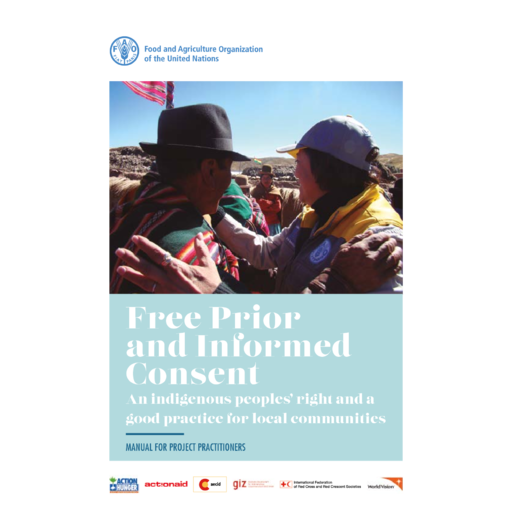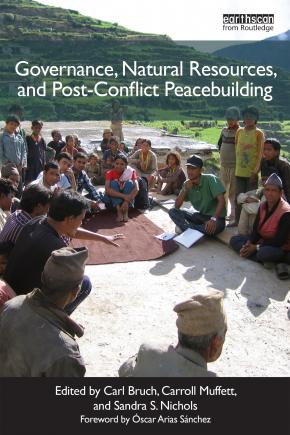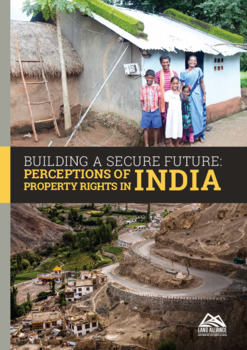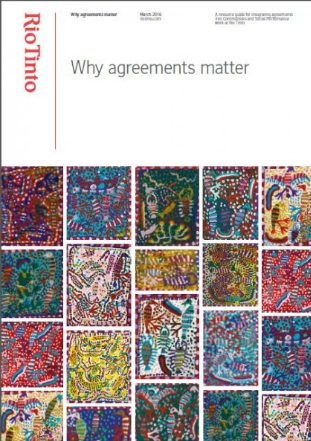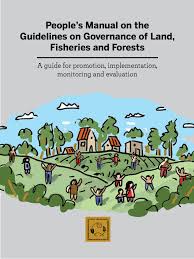Free Prior and Informed Consent - An indigenous peoples’ right and a good practice for local communities
This manual is designed to assist development organizations to respect the right to FPIC when developing and implementing projects affecting Indigenous Peoples. It contains a six-step procedure to facilitate the FPIC process while showing its benefits, as well as provides the regulatory framework to be used when mainstreaming Indigenous Peoples’ rights within organizations’ policies and standards.

